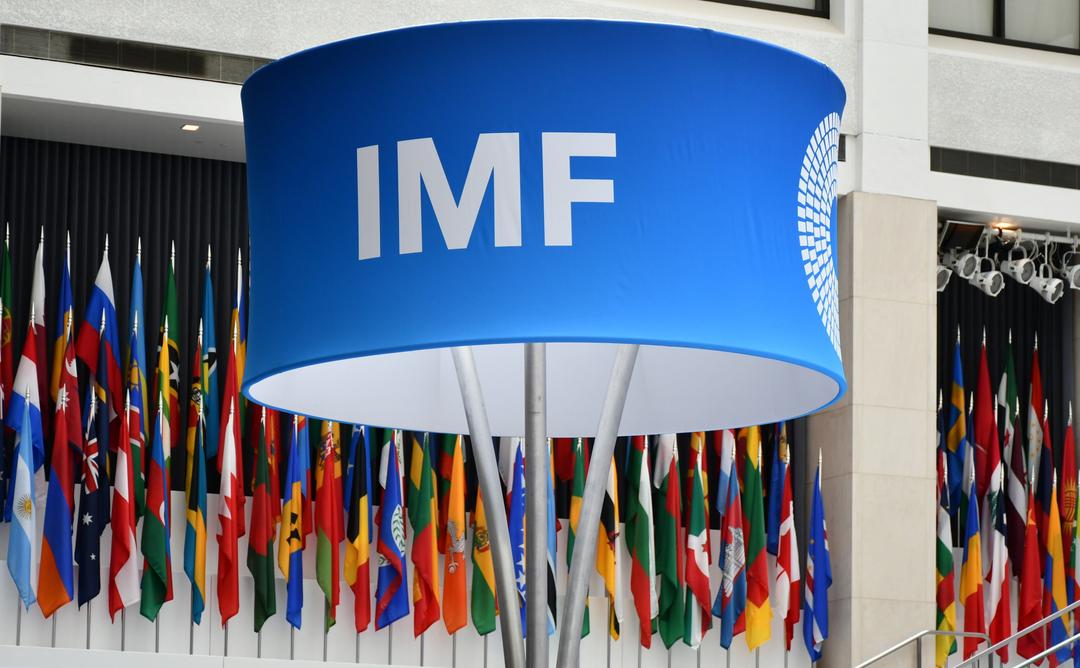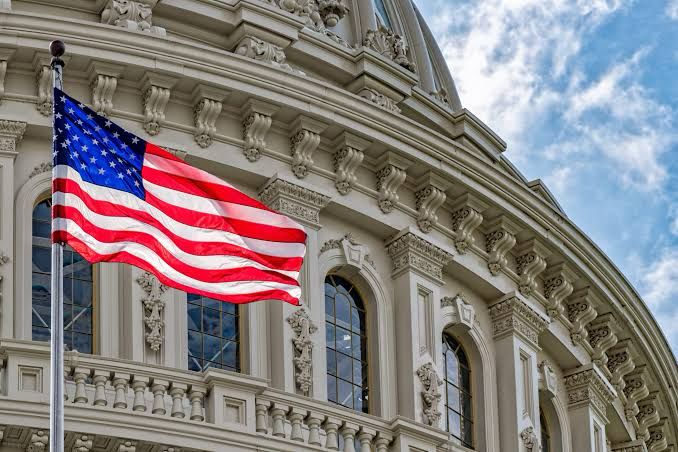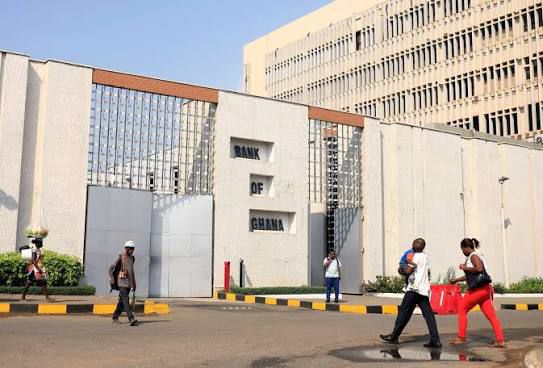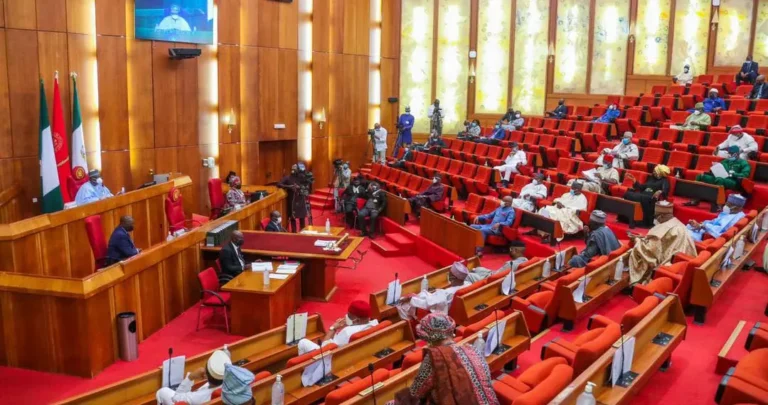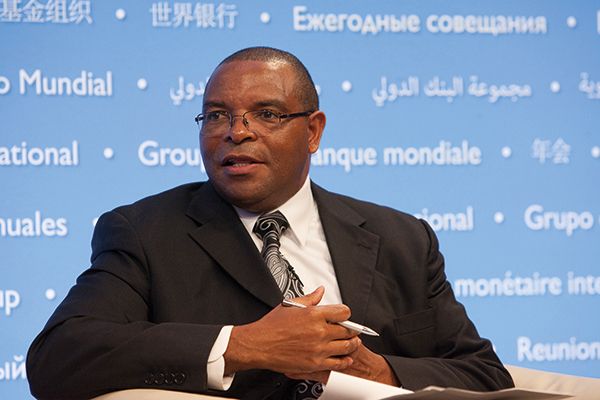The International Monetary Fund (IMF) has projected Nigeria’s economic growth to accelerate to 3.9% in 2025, a cautiously optimistic forecast that positions one of Africa’s largest economies on a path of modest recovery. It’s said on Tuesday.
According to its latest World Economic Outlook (WEO) IMF projects Nigeria’s real Gross Domestic Product (GDP) to expand by 3.9% in 2025. This is an upward revision from earlier estimates of 3.5% in July and outperforms regional peers like South Africa (1.1),
Growth is projected to slow slightly to 3.2% in 2026. The Fund warns that, despite “reforms, the medium-term outlook remains sensitive to the complex and uncertain external environment”.
Meanwhile, Sub-Saharan Africa’s growth outlook improved from 4.0 to 4.1 percent for 2025 and from 4.3 to 4.4 percent for 2026.
Globally, IMF projects that growth will moderate to 3.2 percent in 2025 and further to 3.1 percent in 2026. This marks a slight improvement from the July 2025 WEO update but remains 0.2 percentage points below earlier forecasts made prior to recent global policy shifts.
One of the most pressing concerns highlighted in the outlook is the persistent and elevated level of inflation, which has eroded household purchasing power and increased business operating costs.

The annual average consumer price index (CPI) is forecast to remain high at 21.0% in 2025; a 0.4% difference from the 20% recorded in August. Nigeria inflation has been on a downward trajectory from 34% in 2024.
While tighter monetary and fiscal policies are in place to curb price pressures, the short-term effects of key reforms—namely the removal of the fuel subsidy and the liberalization of the foreign exchange market—have continued to fuel domestic price hikes. The Fund noted that inflation is expected to decline further in the medium term only with continued tight macroeconomic policies and a projected easing of retail fuel prices.
As a key commodity exporter, Nigeria’s fiscal health remains heavily tied to global oil price movements.
Nigeria’s external position is expected to remain favorable, with the current account balance projected to be a significant surplus of 5.7% of GDP in 2025; and reduced to 3.6 in 2026.
However, global oil prices are projected to decline, with the price of Nigerian crude oil expected to fall to $67.7 per barrel in 2025. This trend, which aligns with the WEO’s general expectation of declining fuel commodity prices, poses a risk to Nigeria’s foreign exchange earnings and fiscal revenues.

The country’s external debt is projected to increase to approximately $105.9 billion in 2025, underscoring the need for strong fiscal consolidation to maintain debt sustainability.
Recent report from the Nigerian debt management office shows the country’s public debt to be $99 billion in June.
The IMF report emphasizes that the path forward requires careful policy calibration and a strong commitment to implementing necessary structural reforms.



